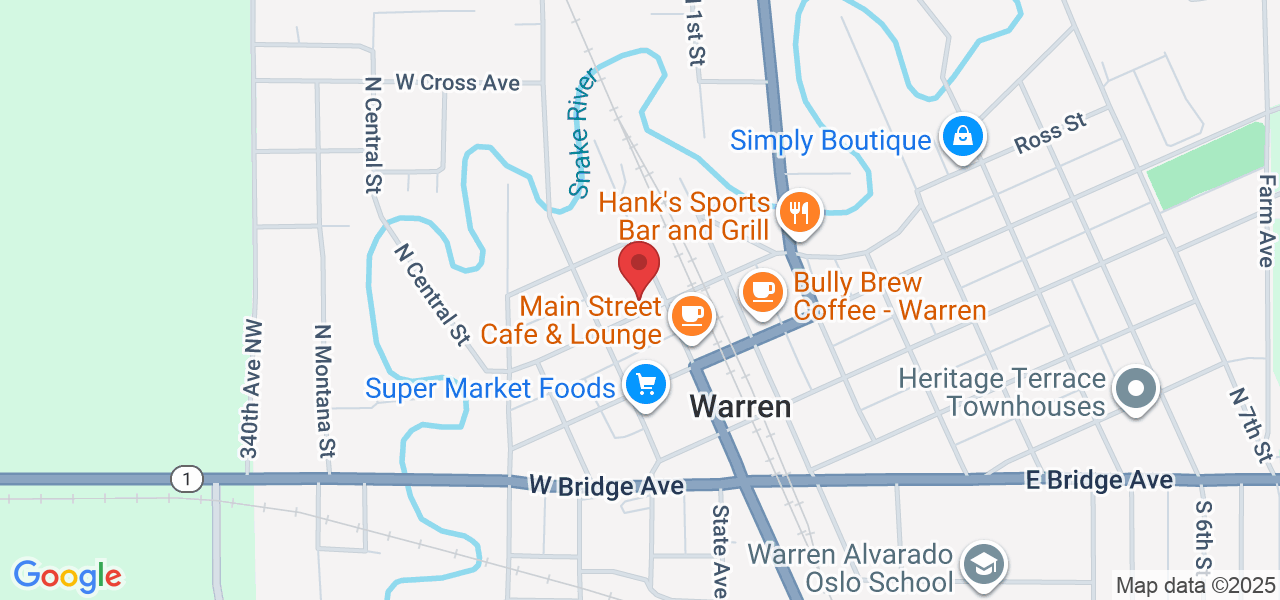Our Unique Approach to Solving
Neuropathy
Understanding Neuropathy
Neuropathy, or peripheral neuropathy, is a condition caused by damage to the peripheral nerves, which connect the brain and spinal cord to the rest of the body. A key factor in neuropathy is the breakdown or degeneration of the myelin sheath—a protective covering around the nerves that acts like insulation on electrical wiring. Just as damaged insulation in your house's electrical system can cause flickering lights or short circuits, damage to the myelin sheath disrupts the nerves' ability to transmit signals effectively. This can lead to a range of uncomfortable and debilitating symptoms. Addressing neuropathy early can help alleviate symptoms and improve quality of life.
What Causes Neuropathy
Neuropathy can result from various factors that damage or impair the function of peripheral nerves and their protective myelin sheath. Common causes include:
• Diabetes: High blood sugar levels over time can deteriorate both the nerves and the myelin sheath, particularly in the feet and hands.
• Chemotherapy-Induced Neuropathy: Many chemotherapy drugs, while targeting cancer cells, can also damage healthy nerves and their protective myelin, leading to neuropathy as a side effect.
• Injuries or Trauma: Accidents, falls, or repetitive stress can harm nerves and their protective insulation.
• Infections: Viral or bacterial infections, such as shingles or Lyme disease, can attack nerves and their coverings.
• Autoimmune Disorders: Conditions like multiple sclerosis, lupus, or Guillain-Barré syndrome can result in the immune system attacking the myelin sheath.
• Toxins: Exposure to certain chemicals, alcohol abuse, or chemotherapy drugs can damage nerves and their insulation.
• Heredity: Genetic conditions, such as Charcot-Marie-Tooth disease, can cause inherited neuropathy.
• Idiopathic Neuropathy: In some cases, the exact cause of nerve damage remains unknown.
Signs & Symptoms of Neuropathy
Neuropathy symptoms vary depending on the type of nerves affected—sensory, motor, or autonomic. Common signs include:
• Tingling or Numbness: Often begins in the hands or feet and may spread upward.
• Burning or Sharp Pain: A constant or intermittent sensation that may worsen at night..
• Muscle Weakness: Difficulty walking, gripping, or performing fine motor tasks due to impaired nerve signals.
• Sensitivity to Touch: Even light contact can feel painful or uncomfortable.
• Loss of Balance or Coordination: Particularly common when sensory nerves are affected by myelin damage.
• Reduced Reflexes: Slower or absent reflexes in the affected areas.
• Cramps or Spasms: Sudden muscle contractions or twitching, especially in the legs.
• Cold or Warm Sensations: Unusual temperature sensations in the affected areas
• Difficulty Standing or Walking: Prolonged numbness or pain can make mobility challenging
• Thinning or Dry Skin: Changes in skin texture due to reduced nerve function.
• Blisters or Sores: Particularly on the feet, where reduced sensation can lead to unnoticed injuries.
•Fatigue or Weakness: Generalized tiredness due to the body compensating for impaired nerve function.
These symptoms, much like a faulty electrical system, can range from mild to severe, often disrupting daily activities and mobility.
When to Seek Help
At our clinic, we specialize in diagnosing and treating neuropathy with personalized care plans designed to restore nerve function and protect the myelin sheath. Like rewiring a faulty electrical system, our advanced therapies work to repair and optimize nerve communication, alleviating symptoms and improving your quality of life. Don’t let neuropathy hold you back—contact us today to start your journey to relief and recovery.
Schedule Your Free Consultation Today
Contact Us
Address
Contact
Office Hours
603 North Main Street
Warren, MN 56762
Mon, Tues, Thurs 8:30 am – 12:00 pm & 1:30 pm - 5:00 pm
Wed & Fri 8:30 am – 12:00 pm


